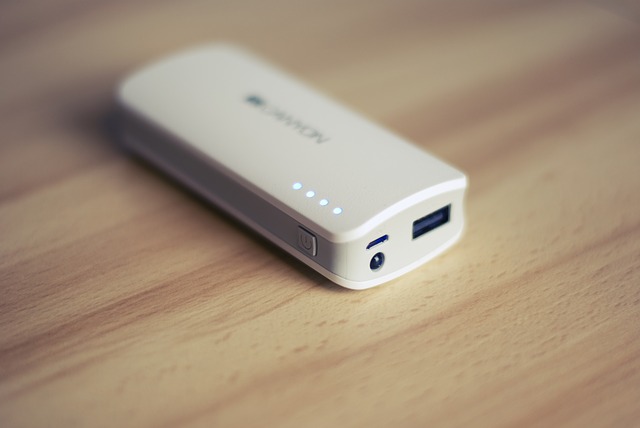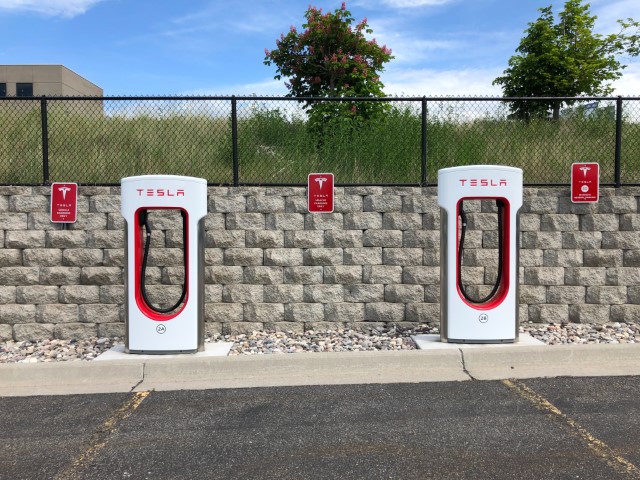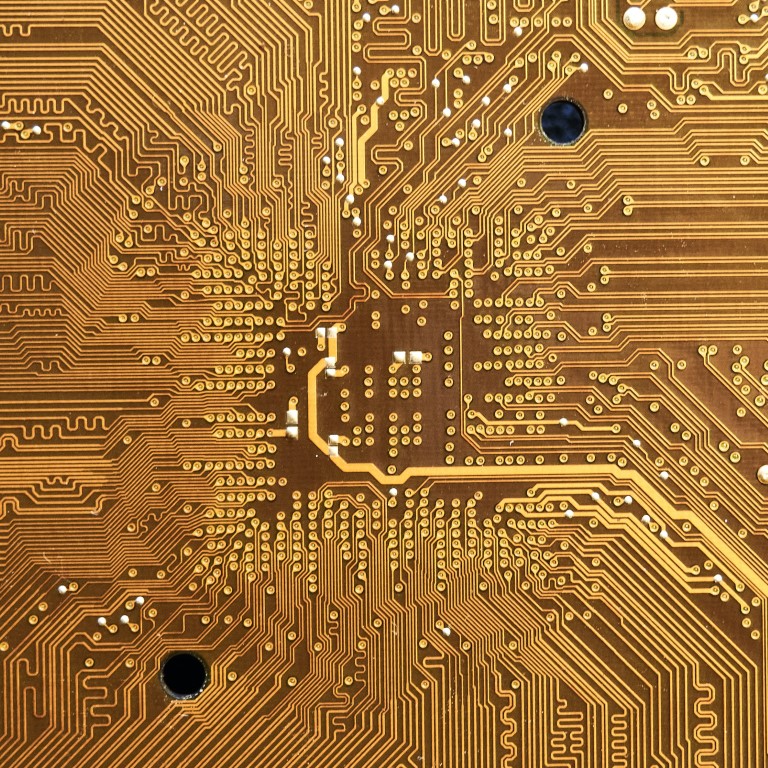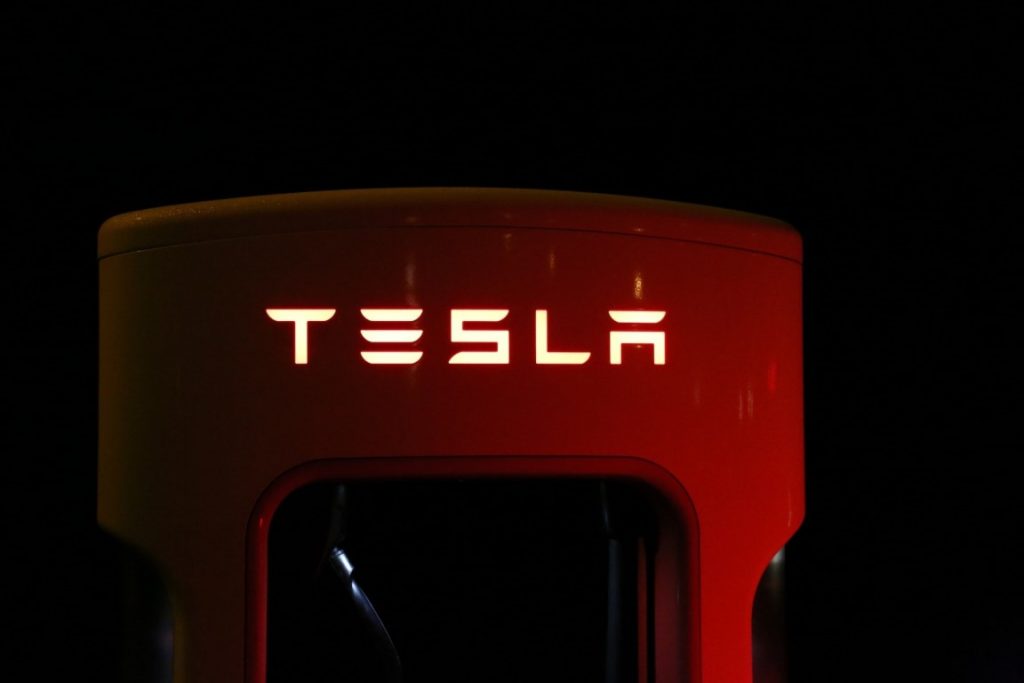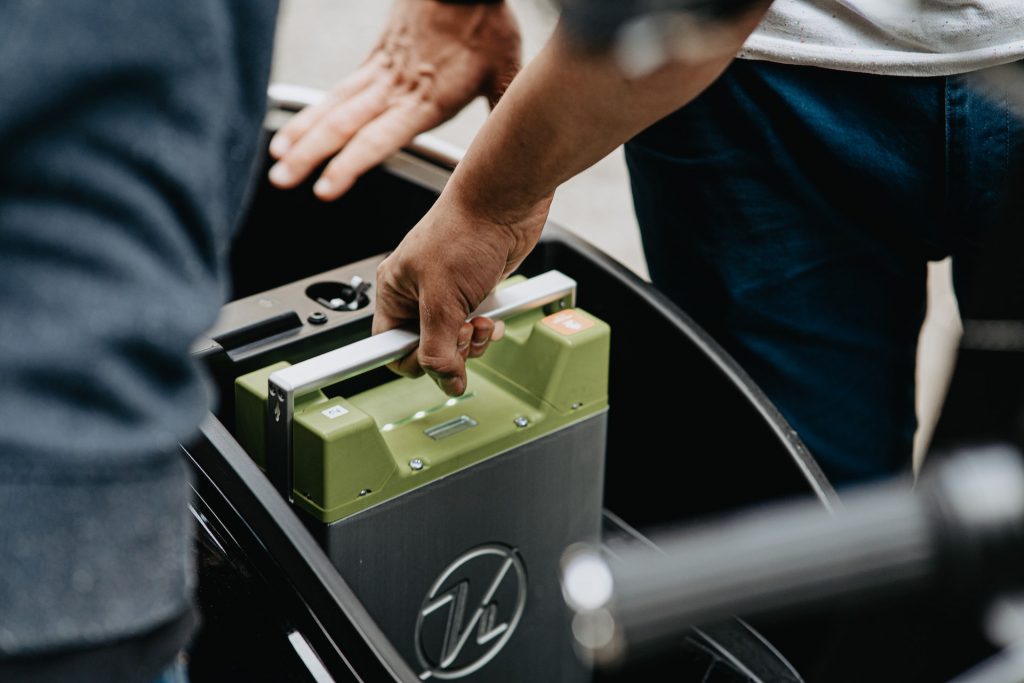- Introduction
- Why Teslas aren’t that great
- Ok, so what is better than a Tesla?
- Enter Hydrogen powered cars
- First things first, what is Hydrogen?
- How do Hydrogen cars work?
- The benefits of using a hydrogen car
- The downsides of Hydrogen cars
- But don’t we still need to get Hydrogen somehow?
- Conclusion – my thoughts on gas free driving
Introduction
As much as I hate paying for gas and have been looking at moving over to electricity, I must admit that the rising costs to charge electric cars seem to be rising at a rate that could cause the savings to be a moot point. The truth is that, as gas continues to get more expensive, I feel pain every time my gas goes down a bit. When it gets to half a tank, I start reasoning with myself that if I fill up now, it won’t be as bad. But the truth is that the cost is the cost at the end of the month, and it just seems to be getting higher and higher with no signs of falling.
So, where does that leave me? Usually, people think that the next choice is an electric car as they have been so popular. If it isn’t Elon talking about some Dogecoin or trying to buy Twitter, it is something about their stock and, maybe once in a while, something about their cars. No one has ever said you know what, and Tesla cars are just AMAZING, have they? And , just in case you were wondering… no I am not just going on a spending spree… a new computer ( that doesn’t have Excel ) and now a new car. As you can tell, I hate paying for things, so it is honestly a weekly debate; should I buy an electric car or keep paying all this money for gas. That was until I read about this new invention, at the bottom, which seems like neither of those choices are the right ones.
Why Teslas aren’t that great
In our lifetime, we are going through what our grandparents used to tell us about. The first car in the city, when horses were no longer used, and how cars went from being something only rich people had to the thing that everyone has. Tesla is no different, and for clarity, we are somewhat lumping Tesla in with electric cars, and we have gone from where only rich tech guys had them to everyone knowing someone with one.
Now that the public has shown electric cars are a viable option, other companies are putting out their versions to compete in that market. So we get back to the title of this section; why aren’t Teslas that great?
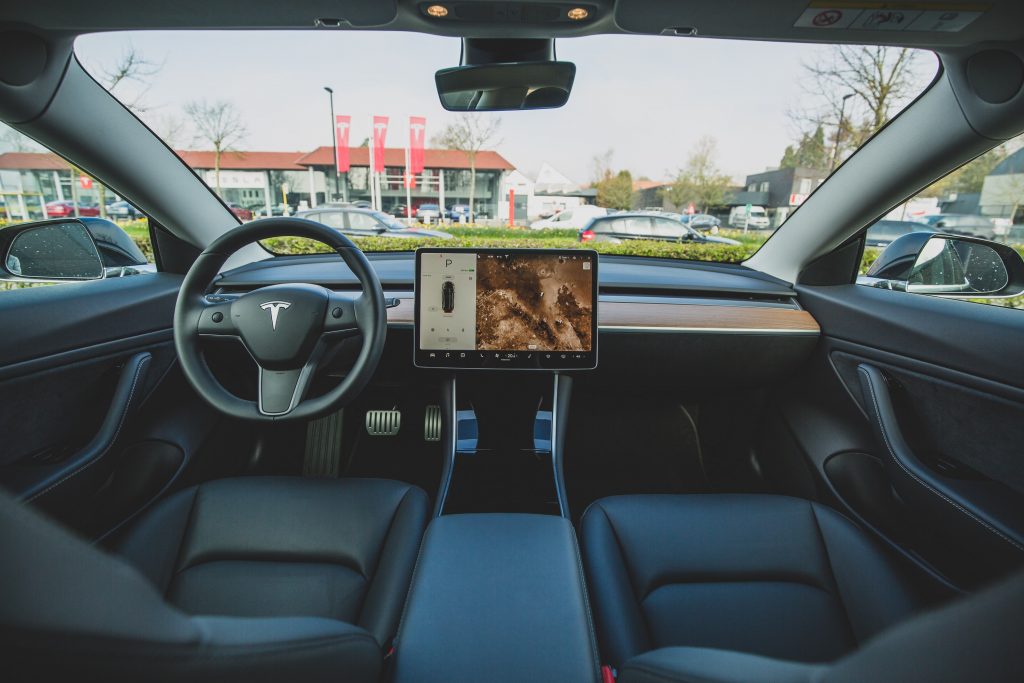
The truth is that it takes a long time to get good at things, 10,000 hours to become a master if you believe it, so when Tesla first started, they weren’t masters of building cars. So cars that come out often have QA issues, and this isn’t something new. Many deliveries of vehicles look like they might have been refurbished or other things like lousy panel fitment, poor paint quality, etc.
So although Tesla cars might have been the first electric car to gain traction, overall, their quality isn’t the best. It is improving, but you can’t compare it to the old-school vehicle makers. If you couple this with a lack of service stations, low stock, and a bunch of things, there must be a better choice, right?
Ok, so what is better than a Tesla?
Well, to start, lots of cars are better than Teslas. Better is totally subjective to what you need, but when I look at it, the feature that sells a Tesla is the full driving feature. But, they continue to raise the price of this feature which isn’t done. You can’t just set your car to a destination and nap until it is there. You must pay attention and keep an eye on the car’s actions. This is not Full Self Drive capabilities; if you want to keep waiting for it to come out, that is your choice. But it seems like every month Elon says it will be here soon… but that has been going on for years now.
So if you think that Tesla is the only game in town, you are wrong as there are a bunch of different electric cars, but maybe that isn’t the right choice. But what else is there?!
Enter Hydrogen powered cars
Alright, here is the elephant in the room. What if another technology could move cars? It wasn’t electricity or gas. Because as we have seen with gas, the price goes up as more people need it. So unless we get these renewable energies harnessed, we will buy them from power plants that are basically using resources to make that electricity.
There is another option, and that is hydrogen cars.
First things first, what is Hydrogen?
If you don’t have any type of background that would allow you to recite what Hyrdogen off the top of your head, then this is all for you. Don’t worry, because I couldn’t answer it with any level of confidence until I looked it up on Google.
Hydrogen is the most abundant element in the universe and can be found in both gaseous and liquid forms on Earth. It’s often used as an industrial gas for welding and cutting because it’s so flammable.
Hydrogen can be used in one of two ways to power cars. The first is using a fuel cell to convert the Hydrogen into electricity, which then powers an electric motor. The second way is to use a hydrogen internal combustion engine, which is similar to a gasoline engine but uses Hydrogen instead of gasoline.
There are a few different types of hydrogen cars available on the market today, so let’s move on to the next big question.
How do Hydrogen cars work?
Hydrogen cars are powered by an electric motor fueled by a hydrogen fuel cell. The fuel cell converts the chemical energy of the Hydrogen into electricity, which powers the engine.
The main advantage of hydrogen cars over gasoline cars is that they emit no pollutants. The only emission from a hydrogen car is water vapor, which is harmless to the environment. Which is pretty good; instead of exhaust, you just leave a little trail of water, I guess?
Hydrogen cars are also more efficient than gasoline cars. Gasoline engines waste a lot of energy in the form of heat, while electric motors are very efficient. As a result, hydrogen cars get about twice the mileage of gasoline cars. So pretty much all things are fantastic with Hydrogen cars, suitable? Let’s look at the benefits.
The benefits of using a hydrogen car
If you’re considering a hydrogen car, you’re probably wondering what the benefits are. Here are a few key advantages of using a hydrogen car:
Hydrogen cars are actually better for the environment.
First and foremost, hydrogen cars are much more environmentally friendly than traditional gasoline cars. Gasoline cars produce harmful emissions that contribute to air pollution and climate change, but hydrogen cars emit nothing but water vapor. This does not even mention that they need less of the rare earth materials required to build an electric vehicle. The mining and other, both monetary and impact on the environment, costs are much lower than when compared to the green cars that electric cars are sold.
Hydrogen cars are more fuel efficient than most gas cars.
Secondly, hydrogen cars can be much more efficient than gasoline cars. Gasoline cars typically have an efficiency of about 20-30%, while hydrogen fuel cell cars can be up to 60% efficient. This means that less energy is wasted as heat, and more power is generated to move the car.
Hydrogen cars can be more versatile.
Finally, hydrogen fuel is very adaptive to the requirements that lots of customers will have. It can be used in many vehicles, from small passenger cars to large trucks and buses. So, unlike gas, you won’t have to have different octane ( equivalent ) levels for other cars. This point applies obviously to gas cars because electric vehicles also have the same advantage.
The downsides of Hydrogen cars
A hydrogen car is a vehicle that uses a fuel cell to produce electricity to power an electric motor. Hydrogen cars are not yet widely available, but they offer many potential benefits over conventional gasoline-powered vehicles.
The main challenge of using a hydrogen car is the lack of infrastructure. There are very few hydrogen fueling stations in the United States, and most are located in California. This means that unless you live in California or another state with a few hydrogen fueling stations, finding a place to fill your car may be challenging. Right now in my city we have 1 place to fill hydrogen cars, so compared to even electric stations there is almost none. This could be a huge issue because planning a road trip already gives people range anxiety, let alone if there were maybe 1 or 2 places to fill up in a 200 miles radius.
Another challenge of using a hydrogen car is the cost. Hydrogen cars are typically more expensive than gasoline-powered cars, and this is because fuel cells and hydrogen infrastructure are still relatively new technologies. However, prices are expected to decrease as these technologies become more widespread. This is pretty much the same as electric cars were, and still are because of all the delays in deliveries.
But don’t we still need to get Hydrogen somehow?
Well, this is where the whole point of this post comes in. Gasoline needs to be sucked out of the Earth as oil and then transformed into a usable form. Electricity generally still comes from power plants that are coal or nuclear-powered, which are less than optimal but still somewhat the only choice until the wind and solar power can be ramped up.
The big news for generating Hydrogen
University of Melbourne researchers have developed an experimental method and a device to produce a hydrocarbon called Hydrogen from the air by decoupling production from freshwater resources. This paves the way for carbon-free energy. The electrolyzer is called Direct Air Electrolyser (DAE), and it draws water directly from the air rather than through the standard electrolysis process.
The DAER is similar to other electrolyzers; it comprises a series of metal plates containing the electrodes used to supply a current (utilized from renewable sources) for the water-splitting process. But the membrane of the adsorbent (natural sponge), when it’s saturated with vapors (substances that can absorb moisture from the air), plays a significant role.
Alternative energy sources such as solar or wind can generate electricity split into Hydrogen and oxygen. Scientists believe
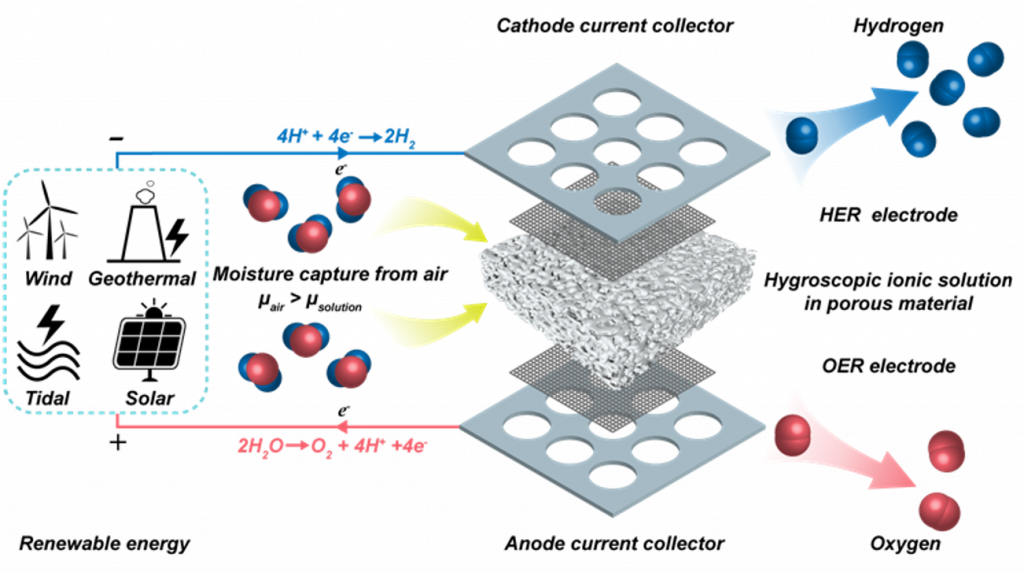
“Renewables could still be used during the day, but the DAE could convert part of the solar to hydrogen, which can be stored, to allow for a continuous supply of power that would remove any reliance on fossil fuels,”
Dr. Li – https://research.unimelb.edu.au/research-at-melbourne/climate-hub/our-climate-capability/a-new-device-creates-hydrogen-from-air
There are a lot of really cool points in the research paper, so if this is something that interests you I would suggest checking the write up out.
Conclusion – my thoughts on gas free driving
Hydrogen fuel cells offer a few advantages over cars that rely on gasoline but still has some of the same drawbacks that electric cars currently have.
When considering a new car, many people are now wondering if a hydrogen car might be a better option than an electric car. Here are a few reasons why but again if we compare them to gas cars there are obvious advantages. They are much more eco-friendly than gasoline cars and hydrogen cars are becoming more affordable as technology improves.
So if you’re looking for an eco-friendly, affordable, and fast car, a hydrogen car might be the right choice for you, but maybe not right now. If the technology to provide free , and eco friendly , hydrogen continues to evolve it might beat out electricity.
All of these factors make hydrogen a good choice for those looking to reduce their impact on the environment. Hydrogen fuel cells are also becoming increasingly affordable, making them a viable option for more people so hopefully one way or another the world will reduce emissions that current gas powered cars and trucks produce. And if you have made it this far, thank you very much as it took a lot of work reading and trying to understand things well enough to type it out here. I must say that we have come a long way from a place that started out learning about their LED light history to trying to make it a tech blog that actually provides some value with newer tech articles.

